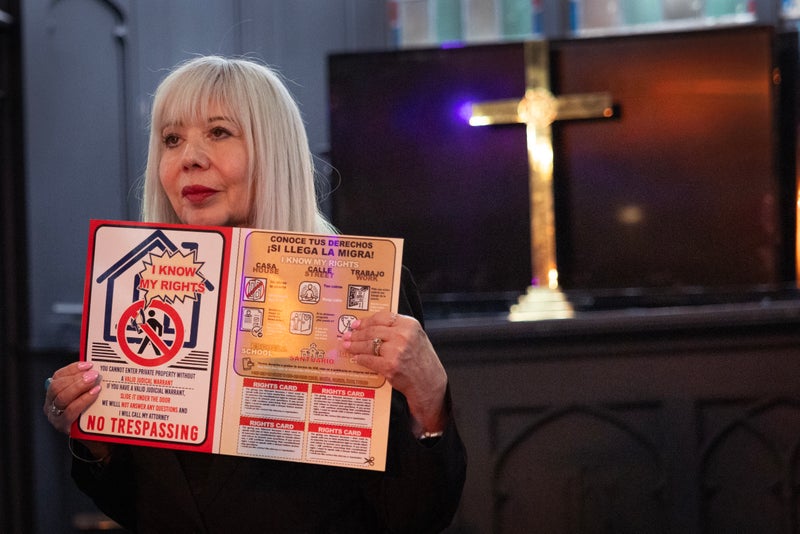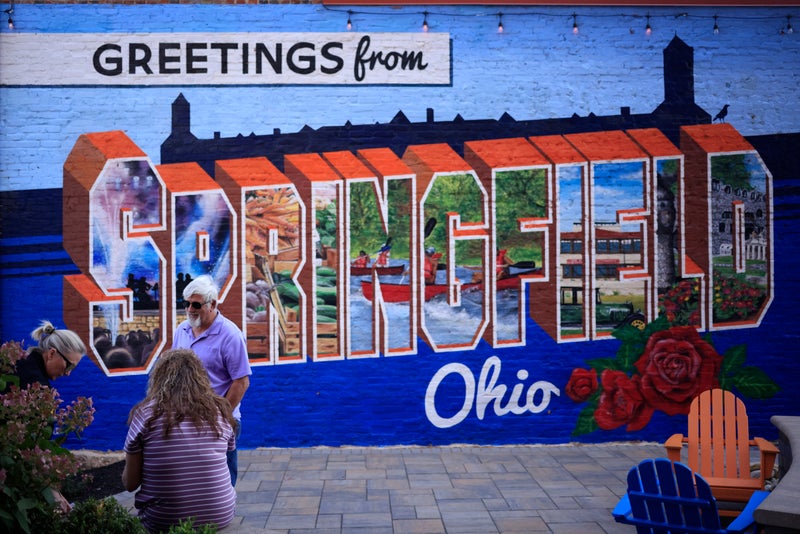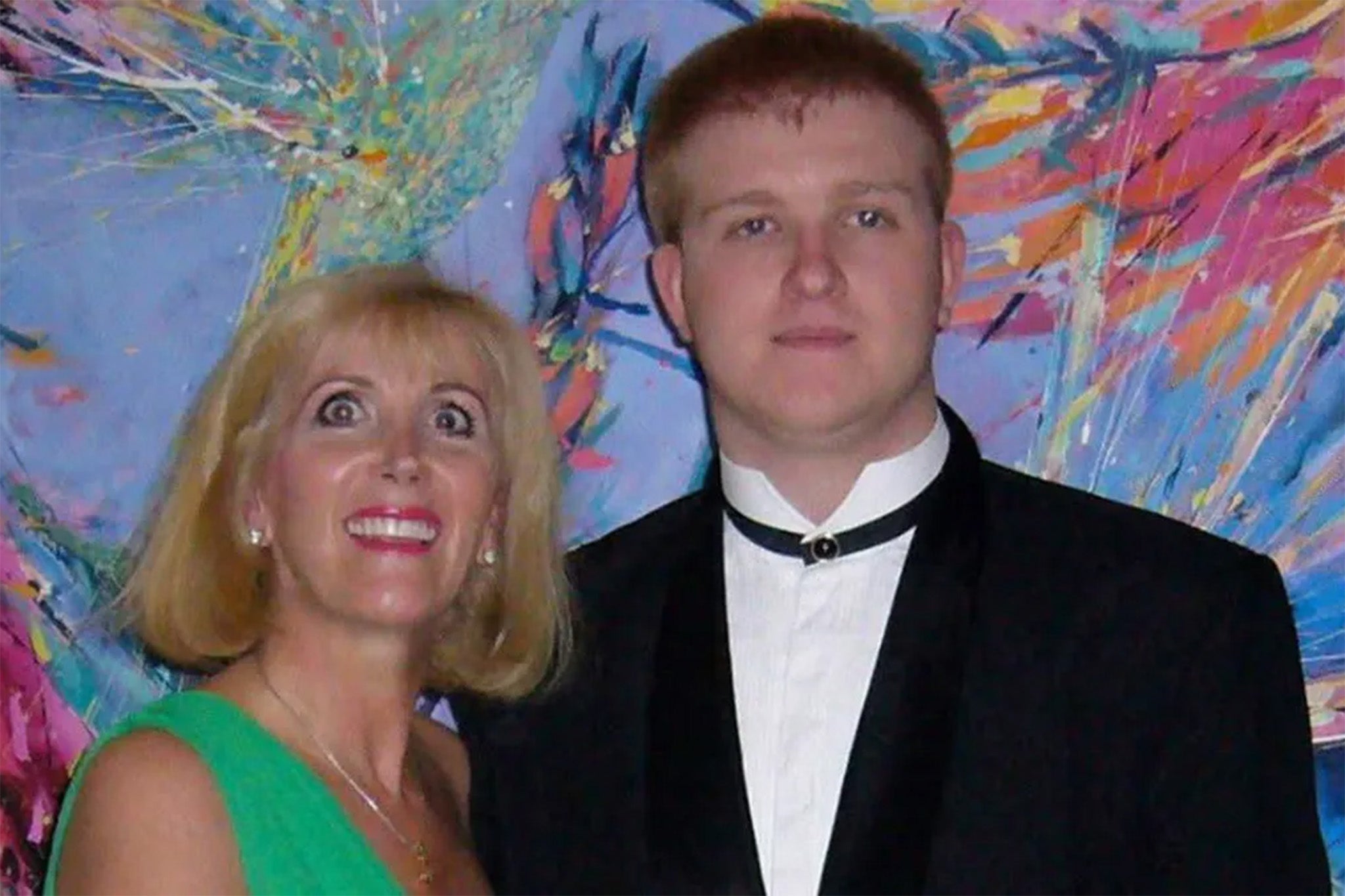Immigration arrests during worship and ministry would be ‘devastating’ to religious practice, groups say. The plaintiffs point to a recent arrest in Georgia, where an asylum seeker was listening to a sermon in a Pentecostal church when ICE agents entered and arrested him. “Plaintiffs’ congregations and members face an imminent risk of similar immigration enforcement actions at their places of worship,” according to the complaint.
![[People gather during a service at Chicago’s Starting Point Community Church, which assists members of the newly arrived migrant community, on January 26]](https://static.independent.co.uk/2025/02/11/14/58/Intensified-enforcement-by-Immigration-and-Customs-Enforcement-after-inauguration-of-President-Trump.jpeg)
Houses of worship “have undocumented congregants and many offer social service ministries — such as food and clothing pantries, English as a Second Language (’ESL’) classes, legal assistance, and job training services — at their churches and synagogues that serve undocumented people,” plaintiffs wrote. Immigration arrests during worship and ministry would be “devastating” to plaintiffs’ religious practice, according to the lawsuit.
“It would shatter the consecrated space of sanctuary, thwart communal worship, and undermine the social service outreach that is central to religious expression and spiritual practice for Plaintiffs’ congregations and members,” the lawsuit states. Houses of worship have also seen “decreases in worship attendance and social services participation due to fear of immigration enforcement action,” plaintiffs add.
“For the vulnerable congregants who continue to attend worship services, congregations must choose between either exposing them to arrest or undertaking security measures that are in direct tension with their religious duties of welcome and hospitality,” they wrote. In that complaint, plaintiffs wrote that “the very threat of that enforcement deters congregants from attending services, especially members of immigrant communities.”.
“DHS’s new policy does not acknowledge that houses of worship are sacred spaces,” the lawsuit states. “It does not acknowledge that for many, religious exercise is an essential activity … And it does not even consider what unconstrained immigration enforcement at houses of worship would mean as a result.”. The Independent has requested comment from DHS. Plaintiffs in both complaints represent a vast swath of American faith groups, representing millions of people in thousands of congregations.

















.png?trim=0,0,62,0&quality=75&auto=webp&width=1000)




